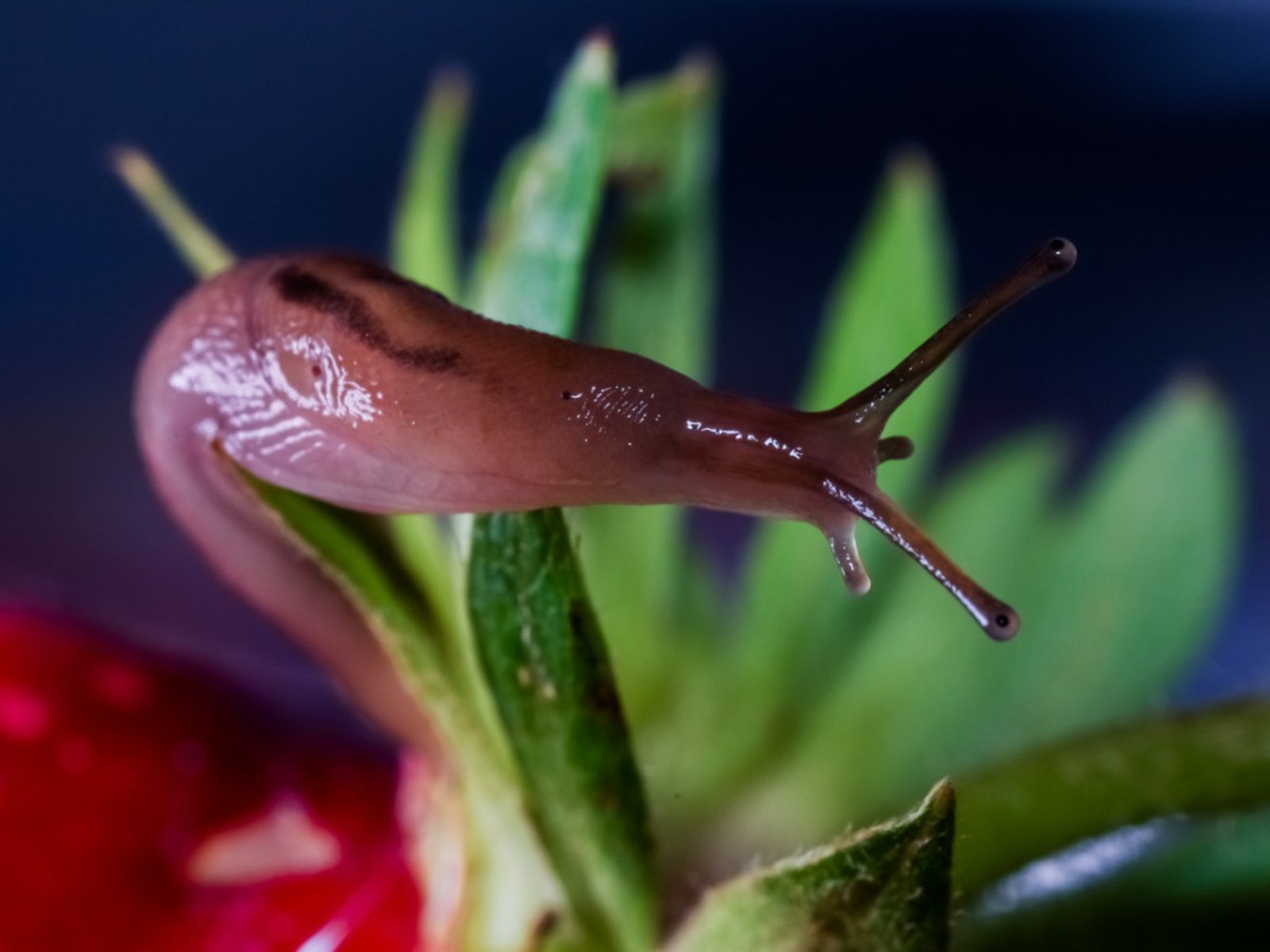Facts About Slugs And How To Kill Garden Slugs


Sign up for the Gardening Know How newsletter today and receive a free copy of our e-book "How to Grow Delicious Tomatoes".
You are now subscribed
Your newsletter sign-up was successful
Slugs are one of the most damaging pests in the garden. Given the proper environment, a family of slugs can devastate a vegetable crop in a matter of days.
Understanding a few facts about slugs, like what do slugs eat, where do slugs live, and what eats slugs can help you kill garden slugs in your garden.
Facts about Slugs
What do slugs eat - A better question than what do slugs eat would be what DON'T slugs eat. Slugs will eat any kind of vegetation but prefer tender leaves. This means that particularly tender-leaved plants or seedlings are very vulnerable to slug damage. Slugs will also eat vegetables and fruits, causing unsightly damage to crops.
Where do slugs live - Slugs thrive in a high-moisture environment. When wondering where slugs live in my garden, I look for anywhere that moisture may be retained. Common places to find slugs will be under pots and containers, under mulch, under boards, under rocks and deep in overgrown vegetation.
What eats slugs - Knowing what eats slugs is one of the most important facts about slugs you should know. Attracting slug predators to your garden can help you control the slug population. Toads, snakes, ducks, chickens, and raccoons are some of the most common predators of slugs. Your best bet for healthy slug control, however, will be to attract toads and non-poisonous snakes to your garden. These slug predators will eat your slugs without potentially damaging your plants.
How to Kill Garden Slugs
Now that you know some facts about slugs, you can use them to eliminate the slugs from your garden.
Protect tender plants and seedlings - As tender plants and seedlings are a slug's favorite food, they are also the most likely to be killed by slugs. Use diatomaceous earth, crushed eggshells or copper wire around plants to create a barrier that slugs cannot cross.
Sign up for the Gardening Know How newsletter today and receive a free copy of our e-book "How to Grow Delicious Tomatoes".
Put out bait - Put out bait such as a pan of beer or an upside-down melon rind. The slugs will be attracted to the tender or liquid treat. With beer, they will drown in it. With the melon rind, you can collect the melon rind (and overstuffed slugs) the next morning and dispose of them.
Remove moist areas near the garden - If you have a problem with slugs, you should look at eliminating the areas near your garden where slugs may live. Mulch or containers may be where the slugs are hiding. Remove mulch from near the affected plants and put footers under containers to raise them up off the ground. Clean up boards and weedy areas and regularly turn rocks over to allow the undersides to dry out.
Attract animals that will eat the slugs - Non-poisonous snakes and toads are the best animals to attract to your garden for slug control. These animals exclusively eat small pests and will not damage your plants. Build small woodpiles and put out toad houses to create a home where these animals will feel welcome.

Heather Rhoades founded Gardening Know How in 2007. She holds degrees from Cleveland State University and Northern Kentucky University. She is an avid gardener with a passion for community, and is a recipient of the Master Gardeners of Ohio Lifetime Achievement Award.